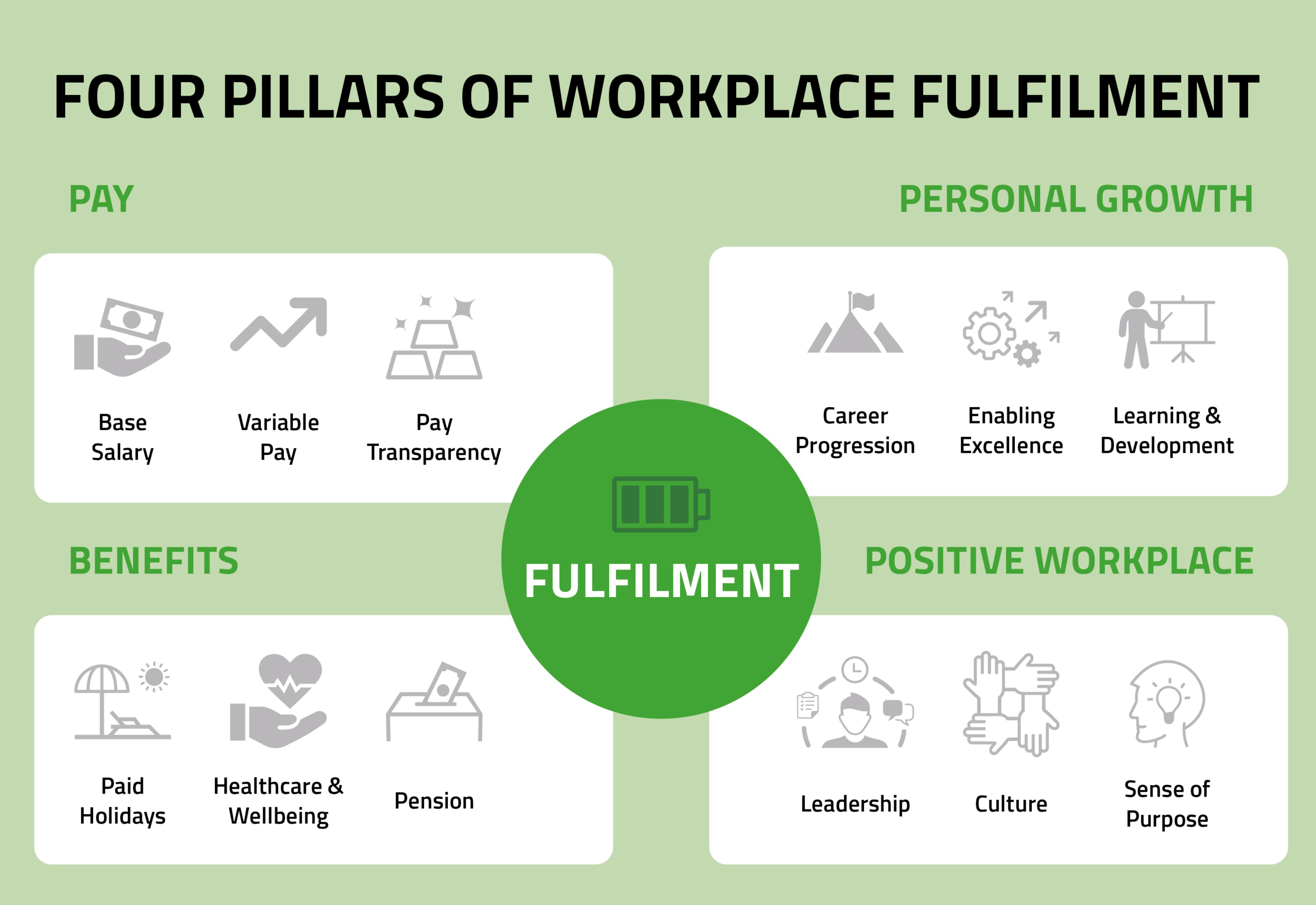In today’s battle for talent, organisations are looking for new ways to attract and retain their top contributors while increasing productivity and overall success. Finding meaningful, effective and affordable ways of implementing recognition for remote workers is key to achieving this.
Over 60% of employees believe that appreciation is even more important while working from home. There are plenty of advantages of working remotely, including increased autonomy, flexibility, and a more profound work-life balance. However, the lack of face-to-face interactions can pose unique challenges.
It takes extra conscious effort to ensure we are maintaining the communication and positive relationships we are familiar with in a physical office environment. But once you understand what your employees value, it’s all about consistency.
The Recognition Deficit
79% of employees surveyed by OC Tanner cited lack of appreciation as a significant reason for leaving their jobs. An alarming 65% reported not receiving recognition even once in the previous year.
These figures underline the urgent need for organisations to amplify their strategies for remote employees. Not only does employee recognition improve retention, but also the performance of those employees who do stick around.
Knowing what effective recognition is and how to implement it is vital for long-term engagement. Fundamentally, it boils down to four key elements: specific, timely, meaningful and genuine.
The Power of Recognition
Recognition, especially in a remote working context, fuels higher morale, motivates employees, and fosters loyalty. It also enhances team cohesion, improves mental health, and boosts productivity. By acknowledging the efforts of remote workers, organisations can transform their performance and cultivate an empowering work environment.
In order to do so, leaders need to incorporate the key elements:
- Specific: Acknowledge specific actions so people know exactly what they did right, and what to do again in the future. For example, saying “Great meeting – you presented a really difficult topic and kept everyone engaged. There was some really positive feedback and interesting ideas being shared” is much more meaningful than just saying “Great meeting”.
- Timely: Responding to people’s actions when they happen is more impactful. This should be even easier when working remotely as you can drop them a quick message or email straight away. This can then lead to something more significant, but you’ve addressed the recognition immediately.
- Meaningful: Getting to know your colleagues will allow you to apply meaningful recognition on an individual level. For example, while more extroverted peers may relish public recognition, others dread it and would prefer a quiet ‘well done’ one-on-one.
- Genuine: Showing genuine appreciation is not just about showing that you care about the performance and achievements of your people, but also about their emotional wellbeing.
Building a Strong Virtual Team
Establishing a positive remote work culture is the first step towards effective recognition for remote workers. This involves clearly defined policies, processes, and strong communication methods.
Understanding generational differences and offering competitive pay, targeted benefits, and development opportunities are essential for supporting remote employees and building a strong virtual team.
Providing clear advancement pathways, regular feedback, and access to mentorship can make remote workers feel valued and considered for growth.
Encouraging Peer Recognition and Collaboration
Peer recognition is a powerful tool for building relationships and engagement within remote teams. Initiating peer feedback in a remote setting can be as simple as sending a thank-you email or giving a shout-out during a virtual meeting.
More structured programs, such as creating a virtual “kudos board”, can transform an organisation’s internal communications into a platform for organisation-wide recognition.
As well as this, many organisations have a system in place to gather feedback from clients and customers. When colleagues have collaborated on a project and received positive feedback, it’s important to make sure this is shared with them.
It’s one thing to receive recognition from your managers and peers, but to be acknowledged for a job well done by the people contributing to the success of the organisation can bring a whole new feeling of appreciation.
Reward and Recognition
As human beings, we crave recognition. In the workplace, it can take the form of a simple thank you, a thoughtful gift, or opportunities to be involved in exciting new projects. However, you can’t have recognition without reward. Fulfilment requires a holistic approach, one that encompasses both pay and recognition.
Reward-based recognition is a proven way to express appreciation for remote employees. This can take the form of gift cards for their favourite shop or restaurant, bonuses or an extra day off.

The Way Forward
Leaders play an instrumental role in recognition for remote workers. They are responsible for creating a culture that encourages this, demonstrating appreciation openly, and promoting peer feedback within the team.
After all, it’s not just a nice-to-have; it is a must-have if we want to create loyal, happy and engaged employees. By embedding recognition in our culture, we can ensure our remote employees feel seen, heard, and valued, driving their progression and the success of the organisation.

